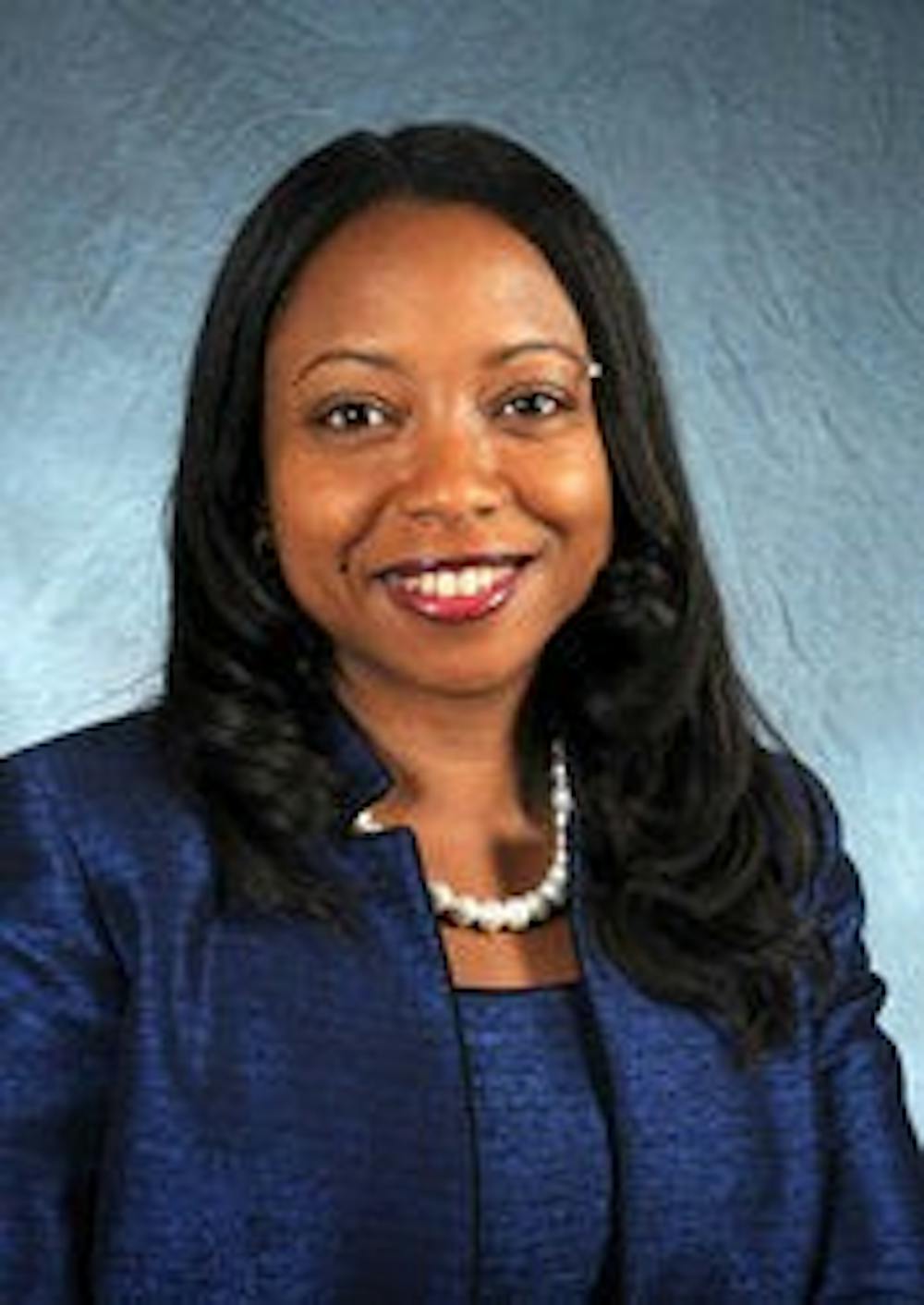Michele T. Berger to “Keeping it in the Family: African American Mother and Daughter Discussions of Health, Young Womanhood and HIV Risk” through Women’s Center
Majors such as English, sociology and even journalism are perceived to have poor job prospects upon graduation, but the Ohio University Women’s Center is trying to show that women’s and gender studies majors have prospects in the real world.
The Center will host a workshop with Michele T. Berger, professor of Women’s and Gender Studies at the University of North Carolina, instead of the usual Brown Bag Discussion.
During the workshop, Sarah Jenkins, program coordinator for the LGBT and Women’s center, said women’s studies students will be able to learn from Berger the practicality of the degree and how it can enhance a profession.
“If you’re saying that a degree doesn’t have direct school-to-career applicability, there are plenty of other degrees that you could say that about as well, but women’s studies is the one that gets really ragged on,” Jenkins said. “Or just even being able to answer the question ‘what is women’s studies’ to someone who doesn’t know.”
Berger holds several titles herself, including vice president of the National Women’s Studies Association. She has published the books Transforming Scholarship: Why Women’s and Gender Studies Students Are Changing Themselves and the World and Workable Sisterhood: The Political Sisterhood: The Political Journey of Stigmatized Women with HIV/AIDS. She co-edited several titles and researches and teaches on topics such as multiracial feminism and HIV/AIDS.
Later in the evening, at 7 p.m., Berger will also conduct a lecture in Walter Hall 135. The lecture will cover her work through research, titled “Keeping it in the Family: African American Mother and Daughter Discussions of Health, Young Womanhood and HIV Risk.”
“I think the lecture will just be a great opportunity to bring in a woman of color to kind of be able to give some voice to our women of color on campus who usually don’t necessarily get the same kind of visibility,” she said.
Jenkins was actually a mentee to Berger, who said she helped her with research and is excited to see her come and see what Jenkins has been up to since.
Looking at all of the different aspects of where we come from as people, Winsome Chunnu-Brayda, associate director of the Multicultural Center, said it all overlaps.
“When we look at our society, it’s no longer in the traditional black and white in terms of race. It’s intersectionality,” Chunnu-Brayda said. “What we’re seeing as scholars, as researchers, as practitioners in the issues of economical, social, political, they overlap.”
Chunnu-Brayda said she is excited to attend and hear more from Berger.
“I like her work,” Chunnu-Brayda said. “I like that she’s looking at African American females, and she’s a qualitative researcher and I am a qualitative researcher. That makes for delightful conversation.”
@reb_barnes
rb605712@ohio.edu






